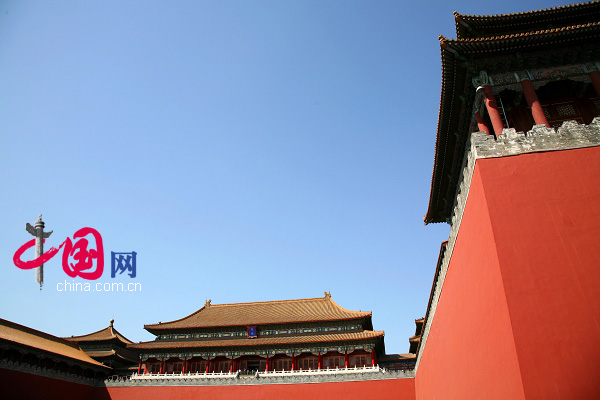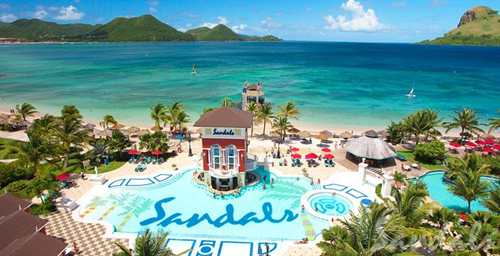Forbidden income?
|
|
|
the Forbidden City [ By Li Xiaoqi / China.org.cn] |
Change is the only thing that's constant. Yet it's the one thing people resist most – especially when that change affects someone or something that's remained unchanged for years, decades or centuries.
Resistance to and criticism of change of use of one of the many halls of Beijing's Forbidden City from a place to see to a place that can earn extra income is to be expected.
The sprawling place has existed, lasted and remained longer than any Chinese citizen.
I've visited the popular tourist site on each of my four visits to China in the past eight years; and each time I go, I see more visitors – both Chinese and foreign – taking longer lines. It is perhaps Beijing's most visited tourist attraction.
Now that a single hall in the sprawling complex has been dedicated to the specific cause of raising more money from those who can afford to spend more, it attracts criticisms from traditionalists, but it's a decision that will make both dollars and sense.
The average Chinese citizen may not be able to rent a hall at the Forbidden City for a banquet or wedding ceremony, even though each would probably have liked to. But there are Chinese who can afford – and their numbers are increasing every day. So, why should they be denied the opportunity to spend what they have earned to get the pleasures they want without breaking the law?
In my part of the world, many historic buildings and places have been restored with new and modest changes that don't significantly alter their original shape or reduce on their historical importance.
In Barbados, the historic Sam Lord's Castle and its surrounding property and golf course has been turned into a modern playground for the world's rich and famous – that's where Tiger Woods chose to get married and played his first game of golf as a husband. Would he and other wealthy persons have selected that venue to tie their nuptial knots if it was left as a closed old castle only to be visited by paying persons?
Guyana's Kaieteur Falls is the country's most popular landmark, but it's too far for most Guyanese to visit. It used to be cheaper to fly to neighboring Trinidad & Tobago than to fly to Kaieteur; but now the ticket cost has reduced, and, though still costly for the average Guyanese, more who can afford do pay for the ride – and some even get married there. Should the changes have been resisted or prevented to keep Kaieteur out of the reach of those who can afford the cost of visiting?
St. Lucia's famous Pigeon Island was the lookout point for the British and French during the fourteen colonial wars for the island that resulted in it being seven times French and seven times British, in just a few decades, just over two centuries ago. Four decades ago, the island was joined to the mainland by a road that was opposed by environmentalists and supported by developers. Today, the "island" is the home to the annual St. Lucia Jazz Festival, which has lasted for two decades; and the link road opened up new property along the beach where now sit the island's two largest up-market hotels – Sandals Grande St. Lucian Spa & Beach Resort and The Landings.
|
|
|
Sandals Grande St Lucian Spa and Beach Resort |
The rest of the world is littered with historic places where changes have been introduced to make them even more attractive to visitors and to enhance their earning capacity without compromising on their historicity.
The Forbidden City remains an open pride of Beijing. It will continue to attract thousands and thousands every day. Whatever extra income will come its way from China's growing Nouveau Riche as a result of the recent change should be welcomed and not at all forbidden.
The author is a columnist with China.org.cn. For more information please visit:
http://m.keyanhelp.cn/opinion/node_7107878.htm
Opinion articles reflect the views of their authors, not necessarily those of China.org.cn
 0
0 








